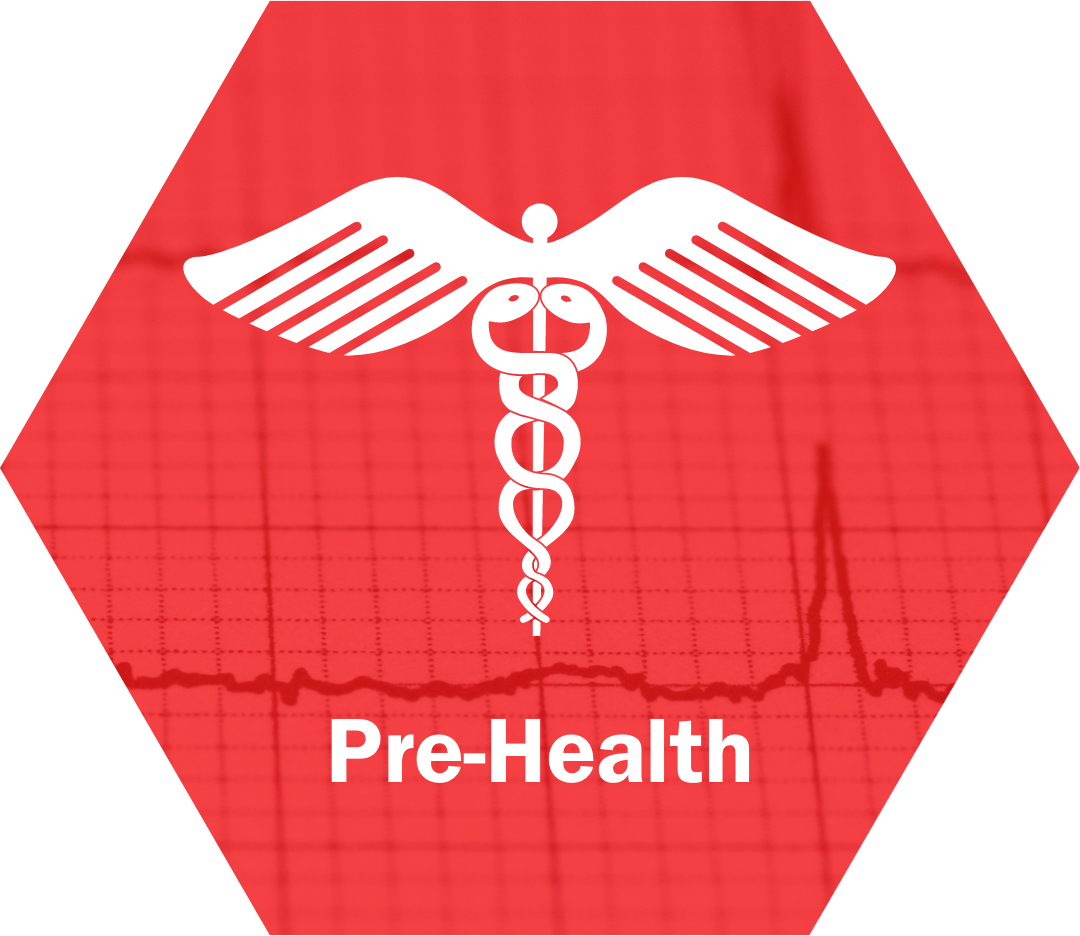
Careers in Dentistry
Dentists (DDS, DMD) evaluate, diagnose, prevent and/or treat diseases, disorders, and/or conditions of the oral cavity. They advise their patients on oral health and disease prevention as well as perform clinical procedures such as fillings, crowns, implants, extractions, and corrective surgeries. Dentists may perform general dentistry or practice in one of nine dental specialties including:
- Dental Public Health
- Oral and Maxillofacial Radiology
- Periodontics
- Endodontics
- Oral and Maxillofacial Surgery
- Pediatric Dentistry
- Oral and Maxillofacial Pathology
- Orthodontics and Dentofacial Orthopedics
- Prosthodontics
While dentists diagnose and treat problems affecting the teeth, gingival tissue, tongue, lips and jaws, they are often the first health care professionals to detect and identify a wide variety of diseases. Dentists perform trauma surgery, implants, tissue grafts and laser surgery.
Manual Dexterity Development
During the admission process, dental schools look for evidence of your psychomotor skills to perform the necessary dexterity tasks dentistry demands. Consider some of the following tasks or identify others to help you practice this important skill set:
- Painting
- Jewelry-making
- Knitting
- Learning to tie fishing knots
- Playing a musical instrument
- Lab work that requires a steady hand and good hand-eye coordination
Application Process
Below is a list of action steps to plan for when you are applying to dental school. This is a simplified version of a multifaceted process, so we recommend meeting with a Pre-Health Advisor at least once per year to make sure you are on the right track.
For a full guide and details on each step in applying to dental school, read the Pre-Health Application Guide.
- Application System
-
Create an account for the system that you plan to use for your applications
- Entrance Exam
-
- Take the DAT no later than the April prior to the application cycle beginning in May
- You should plan to spend at least 250 hours dedicated to studying for the exam
- Selecting Schools
-
It is essential to select schools that are not only a good fit for you academically, but also a good fit for your values, skills, interests, and that will help you become the professional you want to be. Take time to research programs prior to the application process. Here are some factors you should consider:
- Admission Requirements
- Institutional mission, goals, and values
- Size of cohort
- Location
- Clinical rotations and patient population
- Your professional interests as it aligns with the school’s mission and training
It is recommended to apply to 12-15 dental schools.
- Letters of Recommendation
-
You may submit up to 4 individual letters to AADSAS. Some schools accept additional letters individually. Letters can be sent electronically through the AADSAS Evaluator's Portal or through the Interfolio letter service.
You should determine any specific LOR requirements from programs of choice. However, letters are most commonly required by:
- Science Faculty (2)
- Non-Science Faculty (1)
- Practicing Dentist (1)
- Timeline
-
The application process lasts approximately 18 months, which spans two academic years. You should submit your primary application as soon as possible according to the following key dates:
- AADSAS: Early June
- TMDSAS: Early June
- Personal Statement
-
Your personal statement is a distinctive aspect of your application. It begins with reflection. Consider the following questions to begin:
- Why do you want to become a dentist? Why is this the profession you have chosen instead of another?
- Think back to your experiences volunteering, shadowing, researching, studying abroad. Can you provide a specific story that deeply impacted you and your decision to become a dentist?
- What do you want the committee to know about you as a person or future colleague? What makes you a good fit for the profession?
The AADSAS personal statement section includes a 4,500 character limit (including spaces). While there is no formal prompt, AADSAS additionally suggests considering the following topics:
- Do you have any special talents or leadership skills that could be transferable to the practice of dentistry?
- Express your commitment to helping others and mention any efforts made that enforce that commitment.
- Did you have to work to pay for your education? How has that made you a stronger applicant?
- To get where you are today, have you had to overcome hardships or obstacles? If so, how has this influenced your motivation for advanced education?
Clinical Involvement
Clinical involvement is a crucial part of the pre-health journey, as it will help you to explore and confirm your interest in the profession and demonstrate a commitment to serving others. Engagement in the field of dentistry will not only help you continue to explore and confirm your interest in the profession, but also demonstrate a commitment to serving others.
Check out all of the opportunities at UVA and around Charlottesville here!
Academic Pre-Requisites
Pre-requisite course requirements vary by individual school. You should determine specific requirements for programs of choice using the American Dental Education Association Official Guide to Dental Schools.
The summary below is a list of the most common pre-dental requirements.
|
Course |
Amount |
Required for Schools |
|
Introductory Biology |
2 lectures, 2 labs |
Yes |
|
General Chemistry |
2 lectures, 2 labs |
Yes |
|
Organic Chemistry |
2 lectures, 2 labs |
Yes |
|
General Physics |
2 lectures, 2 labs |
Yes |
|
Biochemistry |
1 course |
Yes |
|
English / Writing Composition |
2 courses |
Some |
|
Mathematics |
1 - 2 courses |
Some |
|
Cell Biology |
1 course |
Some |
|
Immunology |
1 course |
Some |
|
Microbiology |
1 course |
Some |
|
Genetics |
1 course |
Some |
|
Anatomy & Physiology |
2 courses |
Some |
|
Histology |
1 course |
Few |
|
Zoology |
1 course |
Few |
|
*Texas Residents: TX Medical Schools require 14 semester hours of biological science courses (not including biochemistry). Make sure you are familiar with the summary of Texas school undergraduate course requirements outlined by TMDSAS. |
||

